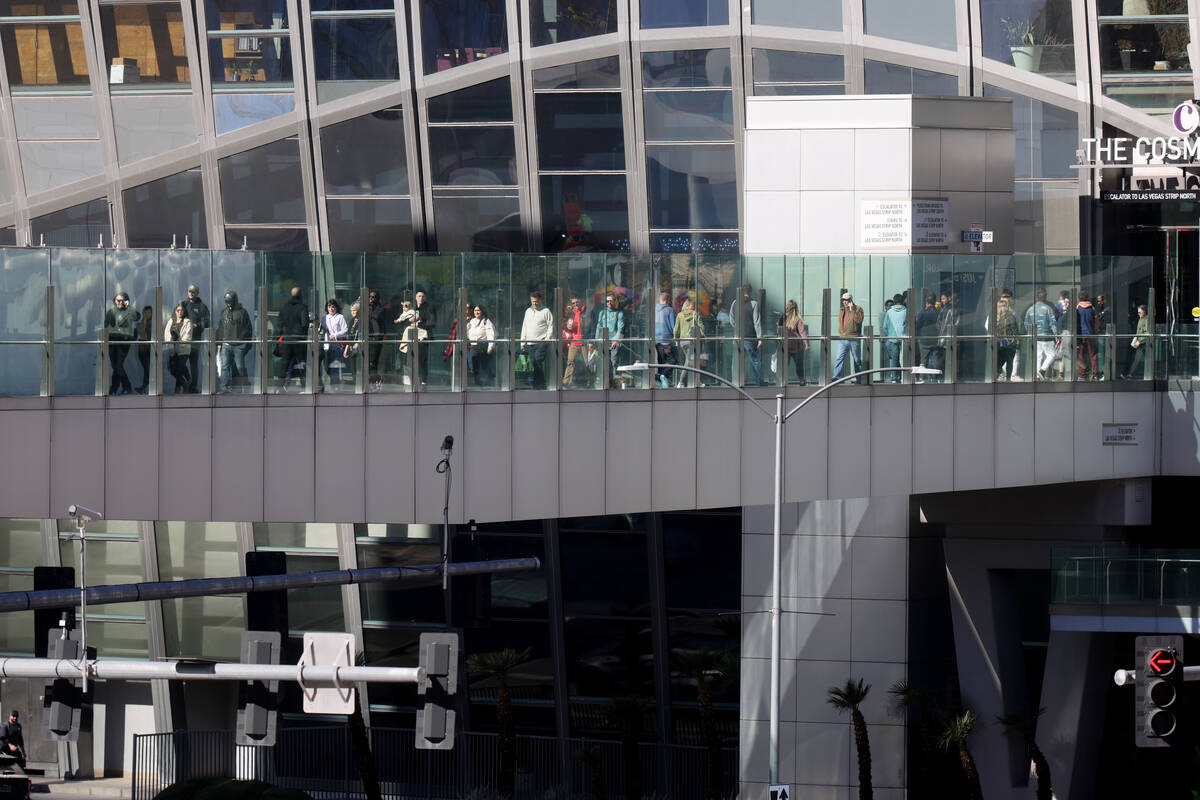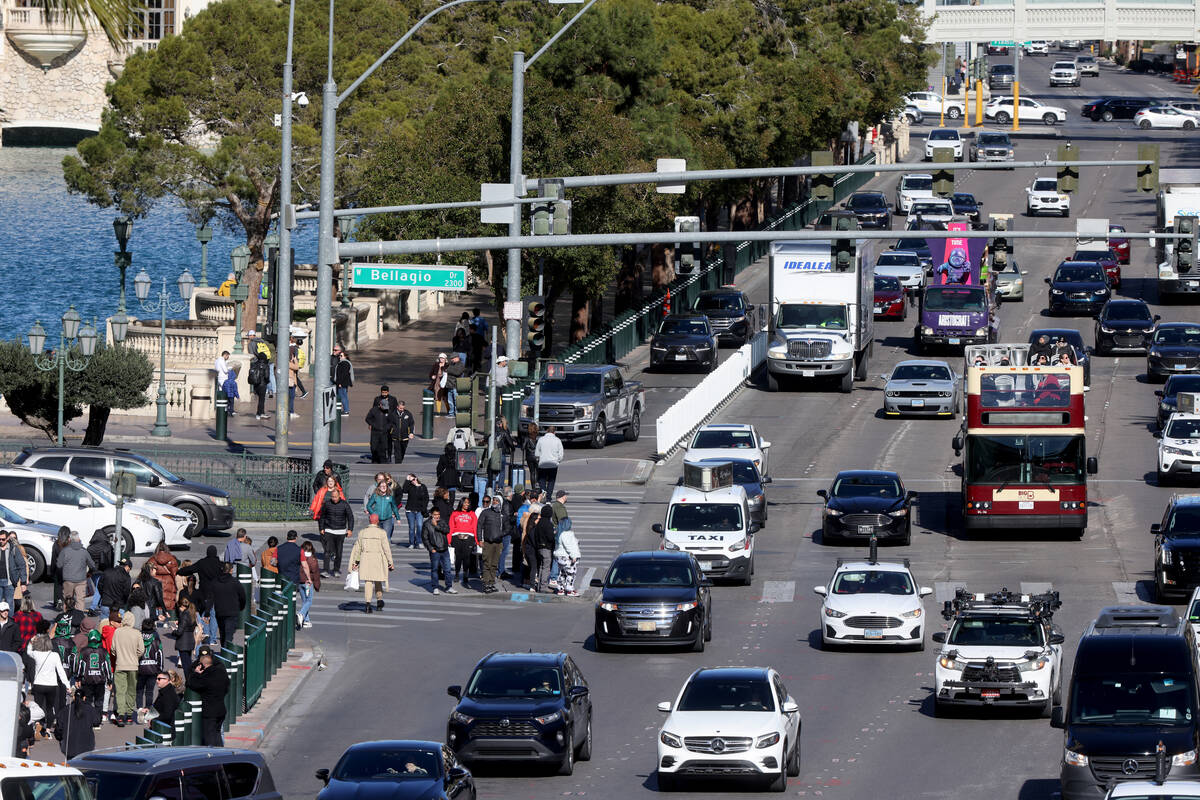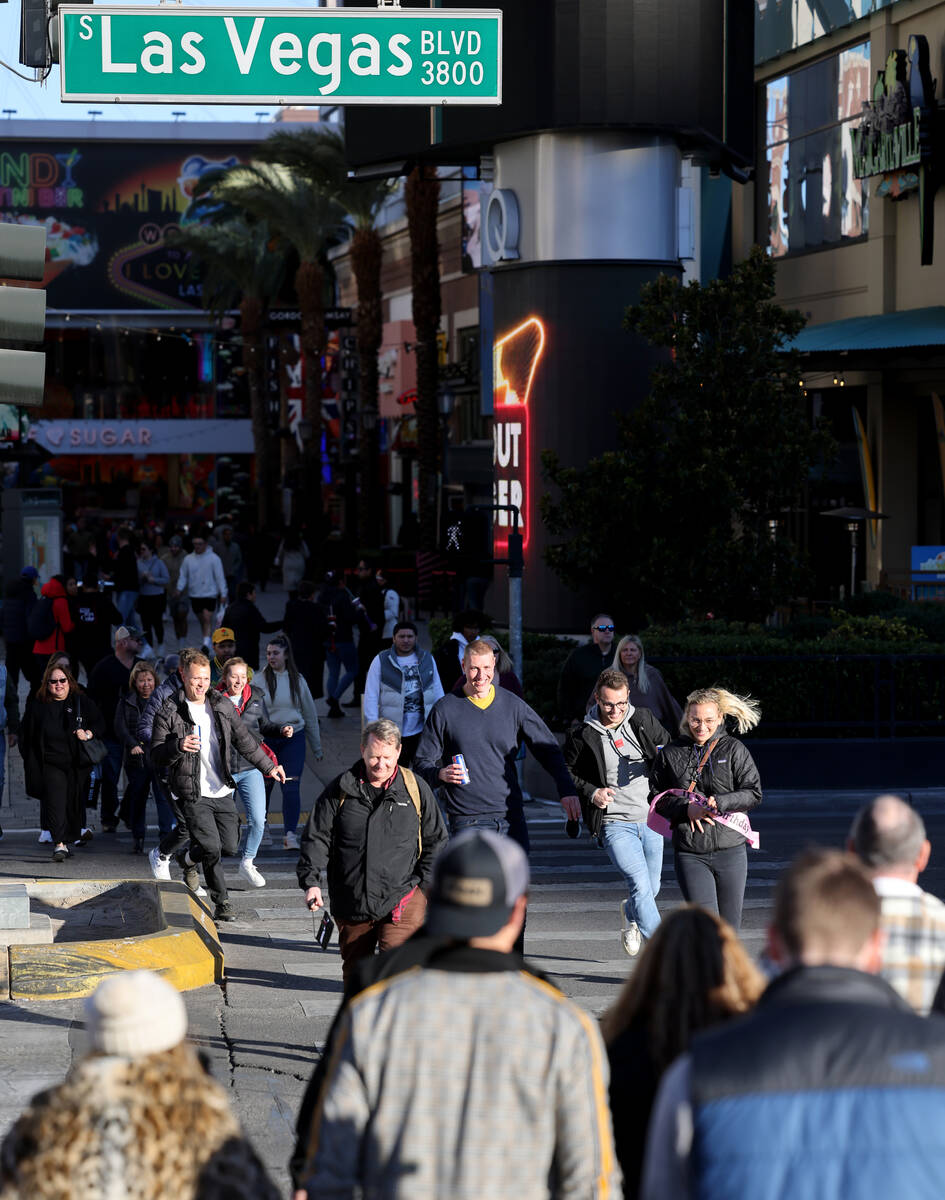Nationwide gross gaming revenue seems to have no end in sight
How good has gross gaming revenue been nationwide in 2022?
Extraordinarily good.
While revenue records fall on a regular basis in Nevada — revenue levels are up 10.2 percent in the first 11 months of 2022 over the previous year — there aren’t many gaming jurisdictions that have experienced declines in 2022.
In fact, more revenue has been generated in commercial casinos nationwide in the first 11 months of 2022 than all of 2021, according to the American Gaming Association. Final numbers for 2022, including how Nevada did in December, are expected in the next couple of weeks.
Nevada is the biggest contributor to the $54.9 billion in win collected, with $13.5 billion. Other big states include Pennsylvania, $4.9 billion; New Jersey, $4.8 billion; and New York, $3.8 billion. Of the 35 U.S. jurisdictions that have commercial gambling, 13 have generated more than $1 billion in revenue between January and November.
In all of 2021’s record year, 34 jurisdictions reported $53 billion in revenue. New to the game is Nebraska, with $9.8 million in win so far in 2022.
Three states show drops
While inflationary pressures and the higher cost of goods and services is likely to put a dent in future revenue, it’s interesting to note that of the 35 jurisdictions in business, only three — Mississippi, South Dakota and the District of Columbia — are showing revenue declines from the previous year.
The District of Columbia has sports betting only, and the volatility of sports betting resulted in a decline. Mississippi and South Dakota are believed to be down because they had benefited from the relaxation of operating restrictions earlier than most other states.
Overall, the figures indicate the appetite for casino entertainment continues to be strong across the country.
There also should be additional growth as sports wagering continues its expansion. Maryland and Ohio are the newest states to enter the sports betting industry, joining 30 states and the District of Columbia that offer sports bets.
Four states have legalized sports betting but haven’t yet begun taking bets: Nebraska, Maine, Massachusetts and Florida. Florida’s sports betting plan is tied up in litigation, and sportsbooks in Massachusetts are literally days away from taking their first bets.
Five states have active legislation or ballot measures awaiting action: Texas, Oklahoma, Missouri, Kentucky and South Carolina.
It’s almost easier to list the nine states where sports betting isn’t happening, among them are California, which seems hopelessly deadlocked, Hawaii, Alaska, Idaho, Utah, Minnesota, Alabama, Georgia and Vermont.
Another form of legal commercial gambling that’s on the rise is iGaming, playing slot machines and table games online. Year-to-date iGaming revenue stands at $4.5 billion, tracking 36.3 percent above the same period in 2021, according to the AGA. States that have legal iGaming include New Jersey, Pennsylvania, Michigan, Connecticut, West Virginia and Delaware.
Then, there are the intriguing commercial casino expansions in New York, Texas and Florida.
New casino for New York
New York is a done deal for at least one new downstate casino in the New York City area. We’ll learn more about that in the months ahead as that state formally calls for proposals. There’s a lengthy list of the nation’s top casino companies ready to file their applications for the opportunity.
Legislation already has been filed for legalized gambling in Texas, but there’s still formidable opposition to plans to develop integrated resorts in four major Texas cities. More will be known about that by late May, when the Texas Legislature adjourns its 2023 session.
Florida is the back-burner state for gaming, for now, and efforts to revive plans there appear to be on hold.
The AGA has been working to educate policymakers on how legalized gambling can boost a state’s economy and provide jobs for people.
It’s also working to be a partner to address important social issues that trouble many communities. Last summer, the association formed the Anti-Human Trafficking Task Force and developed a human trafficking guide and toolkit as a community resource.
January is National Human Trafficking Prevention Month and the AGA has stepped up with a series of weekly themes to provide resources, particularly to gaming communities.
The association views it as a community public service that is one more resource it can provide to cities and states as the industry expands.
Contact Richard N. Velotta at rvelotta@reviewjournal.com or 702-477-3893. Follow @RickVelotta on Twitter.
























